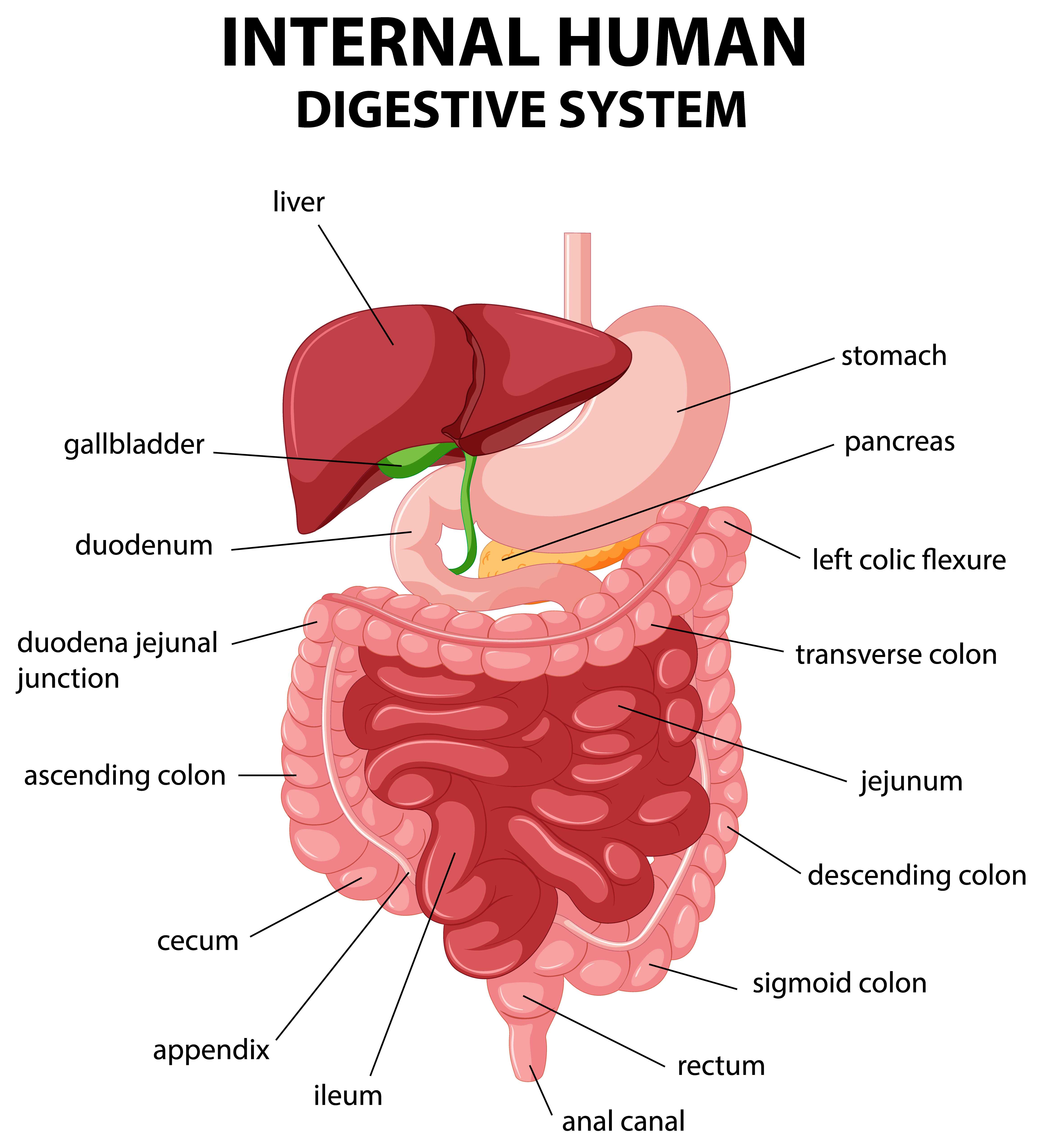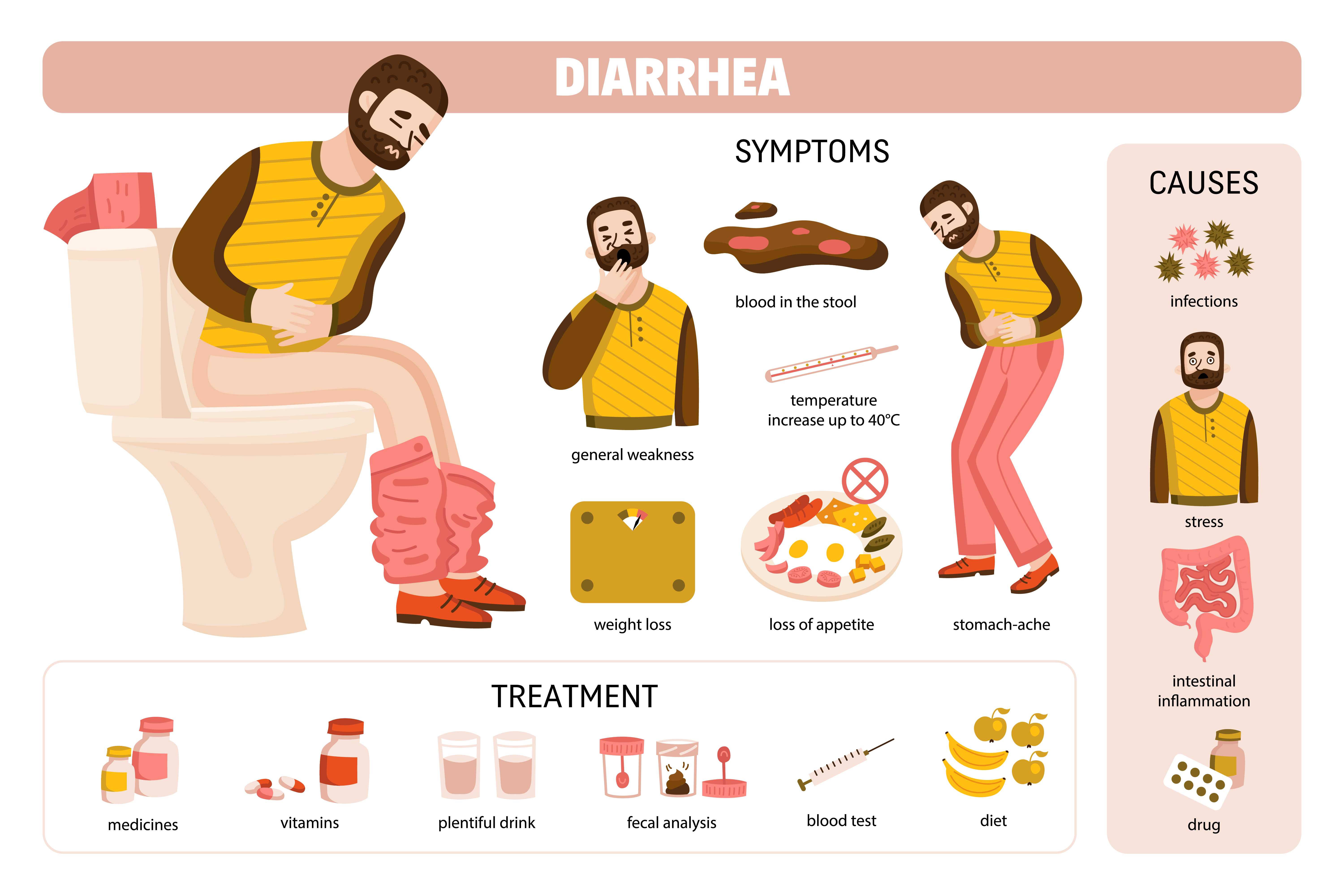Each year on April 19, World IBS Day reminds us of an invisible condition that disrupts daily lives but often goes unnoticed. Irritable Bowel Syndrome (IBS) affects up to 15% of the global population. Yet, many people still face delays in diagnosis and uncertainty in treatment. World IBS Day 2025 encourages action—through awareness, accurate diagnosis, and practical support.
Let’s explore what IBS is, why this day matters, and what steps can improve life for those living with this condition.

A vibrant World IBS Day 2025 poster promoting awareness about Irritable Bowel Syndrome and gut health.
World IBS Day 2025 is an opportunity to spotlight a misunderstood condition. The day promotes early recognition, encourages open conversations, and reduces stigma. This year’s theme—“Are You the Best You Can Be?”—shifts the focus to self-awareness, self-care, and meaningful change in how IBS is managed.
IBS is a chronic gastrointestinal condition that affects how the large intestine functions. While it doesn’t damage the digestive tract, it causes ongoing discomfort and unpredictable symptoms. These include:
People with IBS may also experience fatigue, poor sleep, and mental health challenges due to the stress of unpredictable flare-ups.

A symptom chart explaining how IBS presents differently across individuals.
There is no single known cause of IBS. Instead, it’s influenced by several interrelated factors:
Identifying personal triggers is essential, as IBS affects people differently.
IBS symptoms fall into different patterns:
Understanding the subtype helps guide dietary and medical management.

Using meditation and breathing exercises to manage stress-related IBS symptoms.
IBS is typically diagnosed based on clinical symptoms using criteria such as the Rome IV guidelines. However, doctors must also rule out other conditions like:
Because no single test confirms IBS, diagnosis often involves blood tests, stool tests, and sometimes imaging or endoscopy.
Treatment for IBS focuses on symptom relief and improving quality of life. There’s no universal solution, but a combination of strategies often brings relief.
1. Dietary Changes
2. Lifestyle Adjustments
3. Stress Management
4. Medication and Probiotics
Always consult a medical professional before starting any new treatment plan.
Despite progress, several hurdles remain:
These realities make awareness campaigns like World IBS Day 2025 crucial in promoting empathy and education.
Here’s how to get involved this year:
IBS may not have a cure, but effective management is possible. With growing awareness, better resources, and medical support, individuals can lead fulfilling lives.
This World IBS Day 2025, take the first step toward knowledge, support, and change. If you or someone you know is experiencing symptoms, expert care is available. Max Hospital’s gastroenterology specialists can guide you through personalized treatment plans for IBS.
We offer expert care across key specialties, including Medicine, Cardiology, Orthopaedics, ENT, Gynaecology, and more—delivering trusted treatment under one roof.
Prakash Hospital Pvt. Ltd. is a 100 bedded NABH NABL accredited multispecialty hospital along with a center of trauma and orthopedics. We are in the service of society since 2001.
OUR SPECIALITIES
Contact Us
D – 12A, 12B, Sector-33, G. B. Nagar, Noida, Uttar Pradesh 201301
+91-8826000033

© 2025 All rights reserved.
Designed and Developed by Zarle Infotech